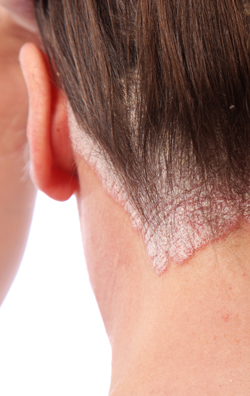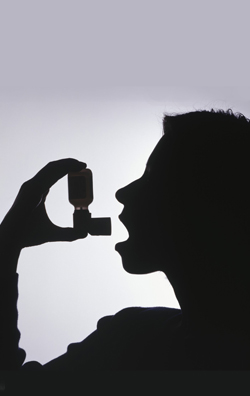
Depression is an ongoing state of mind or one that comes and goes with unbearable regularity. This condition can occur to anyone due to different reasons; loss of loved one, or a major life change.
The chemicals called neurotransmitters, released as a result of nerve impulses through the neurons power the brain. When an imbalance occurs in these neurotransmitters, it leads to emotional disturbances. They are of two kinds; serotonin, and nor -epinephrine.
Signs of depression
1. Feeling of sadness always
2. Loss of interest in ordinary activities
3. Feelings of worthlessness, guilty, or helplessness
4. Difficulty in concentrating, remembering, or making decisions
5. Reduced interest in sex
6. Change in weight
7. Change in appetite
8. Restlessness
9. Suicide tendency
10. Frequent headache, backache
11. Chronic pains which does not respond to treatment
Antidepressant medications may help to restore the brain’s normal balance of such chemicals. For short- term depression patients, antidepressants provide quick return to thinking and feeling like the way before the disease. Long time depression patients may feel a certain degree of relief by this medication.
Antidepressants are also prescribed for other illness such as;
1. Premenstrual syndrome
2. Excessive worry and fear
3. Uncontrollable repetitive behavior
4. Extreme feelings of dread
5. Heart palpitations
6. Shortness of breath
Chemical options
There are three main classes of antidepressant medication.
1. Oldest class: Examples; Parnate and Nardil which affect the release of serotonin and other neurotransmitters.
2. Tricyclics: include Tofranil and Elavil. They target serotonins.
3. Selective serotonin reuptake inhibitors: include Prozac, Zoloft, and Paxil. They also target serotonin.
Mostly doctors prescribe more than one medicine for a depressed patient, as each person’s chemical makeup is different.
Safety and side effects
Side effects are temporary. Common side effects are;
1. Dryness of mouth
2. Dizziness
3. Constipation
4. Skin rashes
5. Sleep problems
6. Nervousness
7. Sexual dysfunction
8. Weight gain or loss
9. Cross reaction with an amino acid; tyramine, found in some foods, leading to dangerous rise in blood pressure
10. Causes mania (abnormal degree of energy or dangerous behavior)
Other problems
Antidepressants may not be addictive, but stopping them suddenlycan cause withdrawal symptoms. They include;
1. Stomach upset
2. Sleep disorders
3. Mood changes
4. Tremors or shivers
Time taken to show the effect
Four weeks is the approximate time for an antidepressant to give fulfilling benefits. Once the symptoms disappear, it may be stopped as prescribed by the doctor. But if the conditions reappear, the medicines have to be taken for a long term.
Herbal drug
St. Johnswort is a very famous herbal antidepressant used widely in Germany. It contains an important ingredient; hypericin, which can act on the brain similar to other antidepressants.
It may sometimes be used as a mild sedative also. It has the ability to enhance serotonin. It often provides relief from very mild depression.
Psychotherapy
Cognitive behavior therapy often contributes to change self- defeating habits. Interpersonal psychotherapy rebuilds social skills in patents, which the medication can’t.
Electroconvulsive therapy (ECT)
It is recommended for severe depression. It is safe and effective, especially for older patients, delusional ones, and those who are initially unresponsive to anti depressant drugs.





